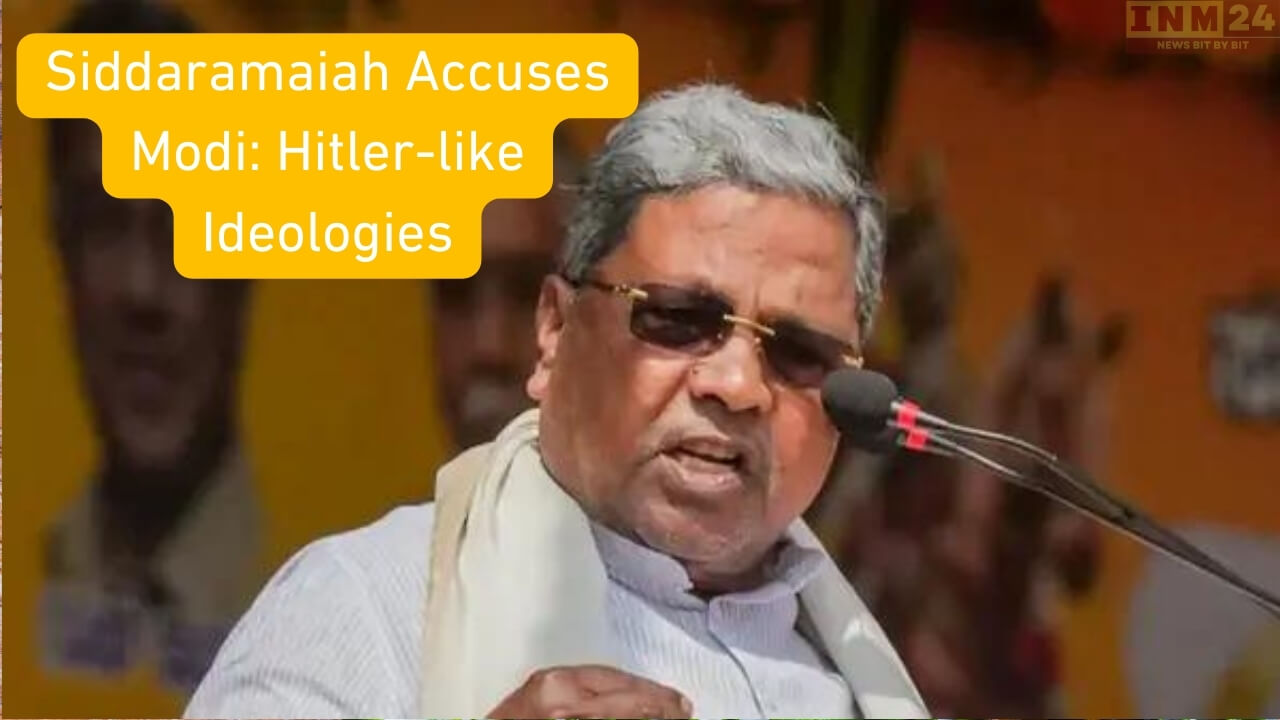In a recent statement, Karnataka Chief Minister Siddaramaiah has made sharp accusations against Prime Minister Narendra Modi, labeling him as an “enemy of democracy” and accusing him of promoting the “ideologies of Hitler.” This fiery assertion has sparked controversy and raised eyebrows across political circles in India.
Siddaramaiah Accuses PM Modi of Undermining Democratic Principles: A Scathing Attack
Siddaramaiah, a prominent figure in the Indian National Congress party, did not mince his words when he launched this scathing attack on PM Modi. He accused the Prime Minister of undermining democratic principles and resorting to authoritarian tactics akin to those employed by the infamous dictator Adolf Hitler.
The Chief Minister’s criticism comes in the wake of escalating tensions between the ruling Bharatiya Janata Party (BJP) and the opposition parties, particularly the Congress, over various contentious issues ranging from governance policies to constitutional matters.
Siddaramaiah’s comparison of PM Modi to Hitler invokes strong historical parallels and raises concerns about the state of democracy in India. The reference to Hitler, known for his dictatorial regime and systematic oppression, underscores the gravity of the accusations leveled against the Prime Minister.
Chief Minister’s Remarks Spark Debate on Democratic Norms in Indian Politics
The Chief Minister’s remarks have reignited debates about the state of democratic norms and values in India’s political landscape. Critics argue that such inflammatory rhetoric only serves to deepen existing divisions and polarize public opinion further.
On the other hand, supporters of Siddaramaiah applaud his bold stance against what they perceive as authoritarian tendencies within the central government. They view his statements as a necessary call to uphold democratic principles and safeguard the rights of citizens.
Meanwhile, PM Modi’s supporters have vehemently rejected Siddaramaiah’s allegations, dismissing them as baseless and politically motivated. They emphasize the government’s commitment to democratic governance and accuse the Chief Minister of resorting to divisive tactics for political gain.
As the war of words escalates between the two political camps, the focus shifts to the broader implications of such rhetoric on public discourse and democratic institutions. The exchange underscores the need for constructive dialogue and a commitment to upholding democratic values in India’s diverse and vibrant political landscape.
